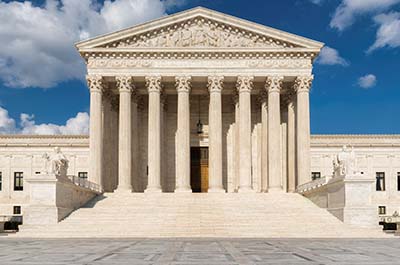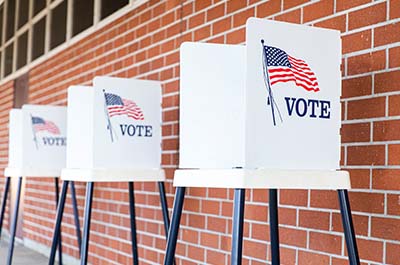Several California school districts are facing legal challenges brought by parents and teachers to district policies favoring student privacy with respect to gender expression and identity. Other school districts are adopting parental notification policies requiring district staff to notify a student’s parents when their child requests to use a different name or pronouns than those assigned
On August 24, 2023, the California Supreme Court issued its highly anticipated opinion in Pico Neighborhood Association et al., v. City of Santa Monica, reversing an unprecedented Court of Appeal decision that had previously favored the City of Santa Monica.
The United States Congress recently passed the Pregnant Workers Fairness Act (PWFA), a new federal law that requires covered employers to provide "reasonable accommodations" for a worker's known limitations related to pregnancy, childbirth, or related medical conditions, unless the accommodation will cause the employer "undue hardship."
In Counterman v. Colorado (June 27, 2023, No. 22-138) 600 U.S. __, the United States Supreme Court analyzed the First Amendment’s free speech protections in the context of “true threats.”
On June 5, 2023, an Oklahoma charter school authorizer approved the nation’s first religious charter school. The decision is certain to ignite litigation and open the possibility that higher courts may explore whether religious schools may be state sanctioned and publicly funded.
The U.S. Court of Appeals for the Ninth Circuit recently held that Title IX of the Education Amendments Act of 1972 prohibits discrimination on the basis of perceived sexual orientation.
On May 22, 2023, the California Supreme Court issued an opinion further delineating the analysis for retaliation claims under Labor Code section 1102.5.
On April 26, 2023, the California Public Employment Relations Board (PERB) issued a decision awarding a remedy against an employer that had, up to that point, been largely theoretical: recovery for increased costs incurred from bargaining and other acts of representation related to an employer's alleged unlawful conduct (bargaining costs).
Back in November of 2021, the U.S. Court of Appeals for the Ninth Circuit, sitting en banc in deciding D.D. v. Los Angeles Unified School District (9th Cir. 2021) 18 F.4th 1043, addressed the issue of whether a plaintiff asserting a claim in federal court under the Americans with Disabilities Act (ADA) must first pursue available administrative remedies under the Individuals with Disabilities Educ










